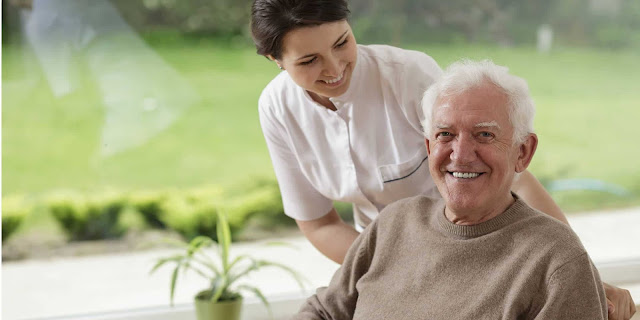Keeping Seniors Safe In Summers - Curodoc Healthcare


Edema or more commonly swelling is due to storage and buildup of excess fluid in your tissues. It can accumulate anywhere in the body, although it is more common in the hands, arms, feet, ankles, and legs. It can be caused by a lot of things but most commonly heat, exercise, or medical conditions.
Peripheral edema is swelling of your lower legs or hands. The cause may be simple, such as sitting for too long on a plane or standing for too long. Or it may involve a more serious underlying disease.
Peripheral edema is common in older adults and pregnant women, but it can occur at any age. It may affect one or both legs. If its onset is sudden and painful, you should see a doctor as soon as possible.
Idiopathic edema means swelling for which the cause is not known. It is most common in young women in their 20s and 30s and can involve weight gain and swelling of the face, trunk, and limbs. It’s also associated with diabetes, obesity, and emotional problems.
Signs of Edema Include:
 |
| Physiotherapy Services |
Temporary
Conditions That Can Cause Swelling:
Injury:
A sprain/strain, fracture, or any
colliding or twisting injury in your leg, ankle, foot, or hand can result in swelling
and pain.
Infection:
Sitting
or standing for prolonged duration: Flights
or car rides that require you to sit in the same position with your legs bent
at 90 degrees can cause the legs and
ankles to swell. This is highly common in frequent fliers/travelers and not
serious.
Pregnancy:
Eighty percent of pregnant women
develop edema, usually in the hands, feet, and face. It is temporary and goes
away after delivery.
Excessive
salt intake: Intake of salty food or
add-on salt in your diet can cause your body to retain fluids, leading to extremity
swelling.
Drug
reactions: Some common important
medications can also cause water retention. Some of them are high blood
pressure medications, corticosteroids, nonsteroidal anti-inflammatory drugs (NSAIDs),
opioids, calcium channel blockers, diabetes drugs, anticonvulsants, antidepressants,
and proton pump inhibitors.
Allergic
reaction: Allergy can cause swelling
in your arms and legs, often called angioedema.
Obesity:
Excess body weight can cause increased
pressure on the veins which can result in peripheral edema.
Wearing tight clothing: Tight pants or leggings can promote swelling in the legs.
Diseases
associated with edema
Swelling can be easily managed and need to require a lot of interventional treatment. However, continuous long-term edema can cause serious diseases like
 |
| Curodoc Healthcare |
Curodoc Healthcare offers home healthcare services in Delhi-NCR with scheduled visits or live-in caregivers who are qualified, trained, and compassionate to help your loved one live a happier and healthier life. To learn more about our comprehensive at-home services and contact us to arrange a complimentary consultation.
Comments
Post a Comment